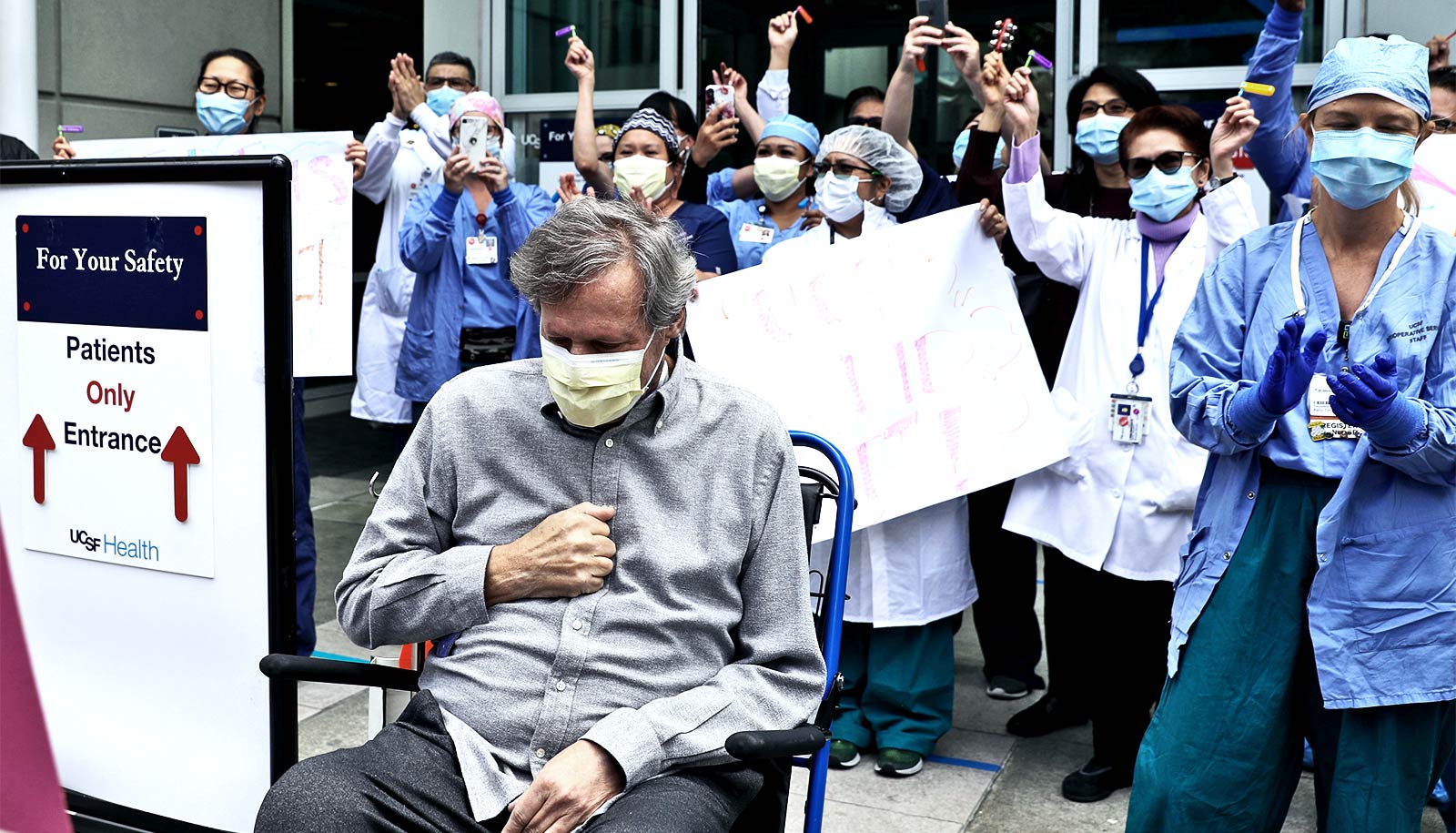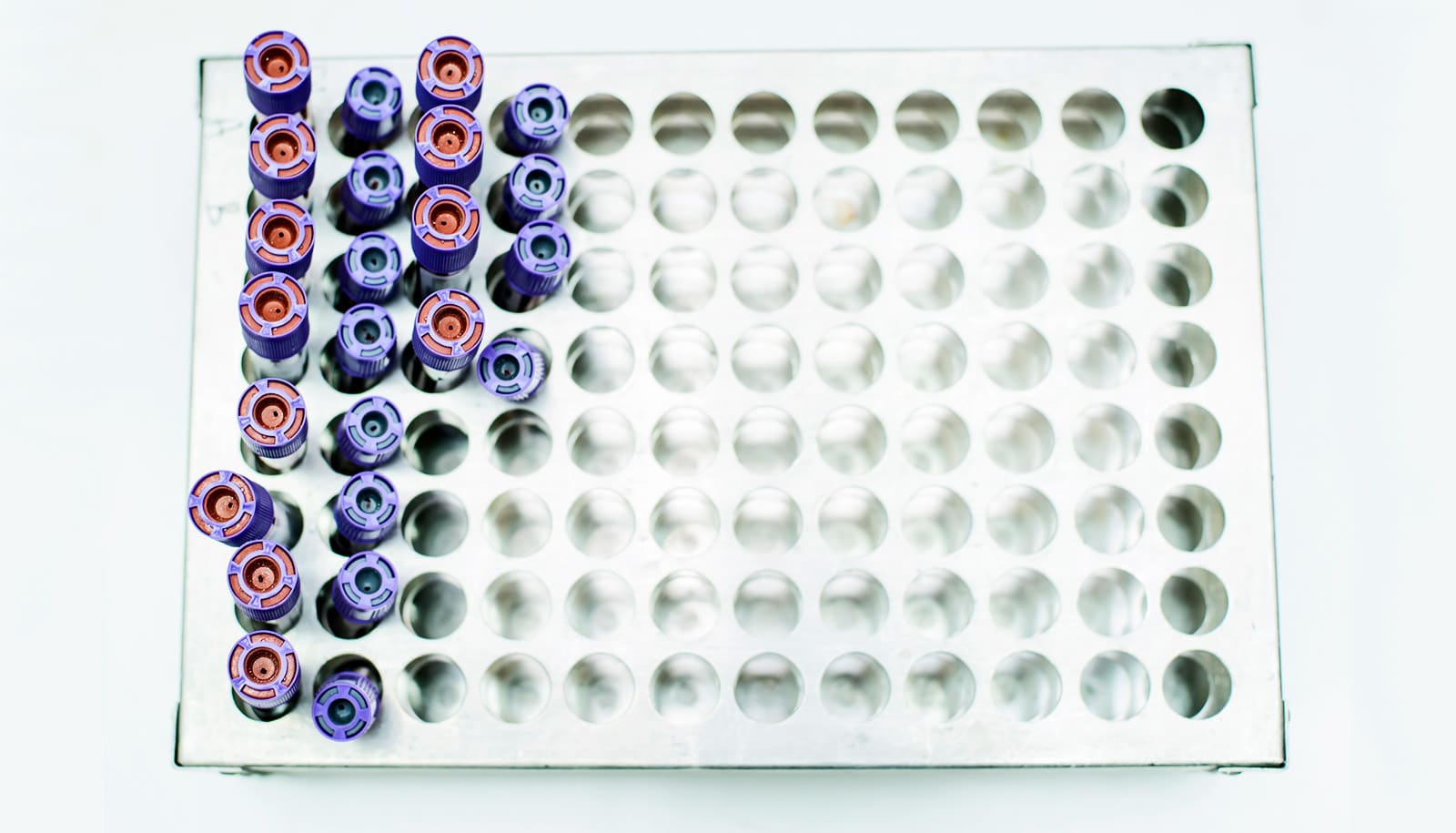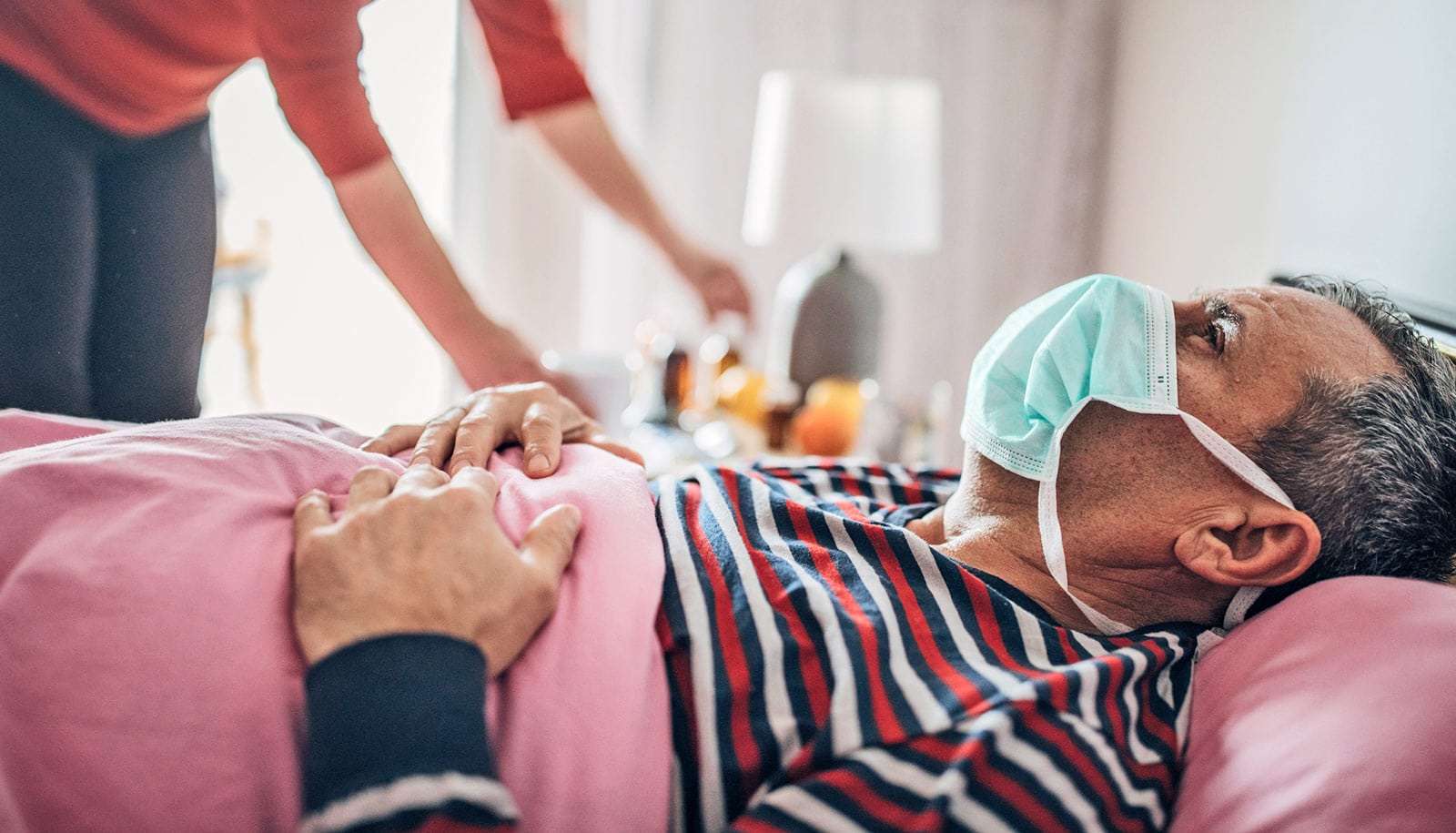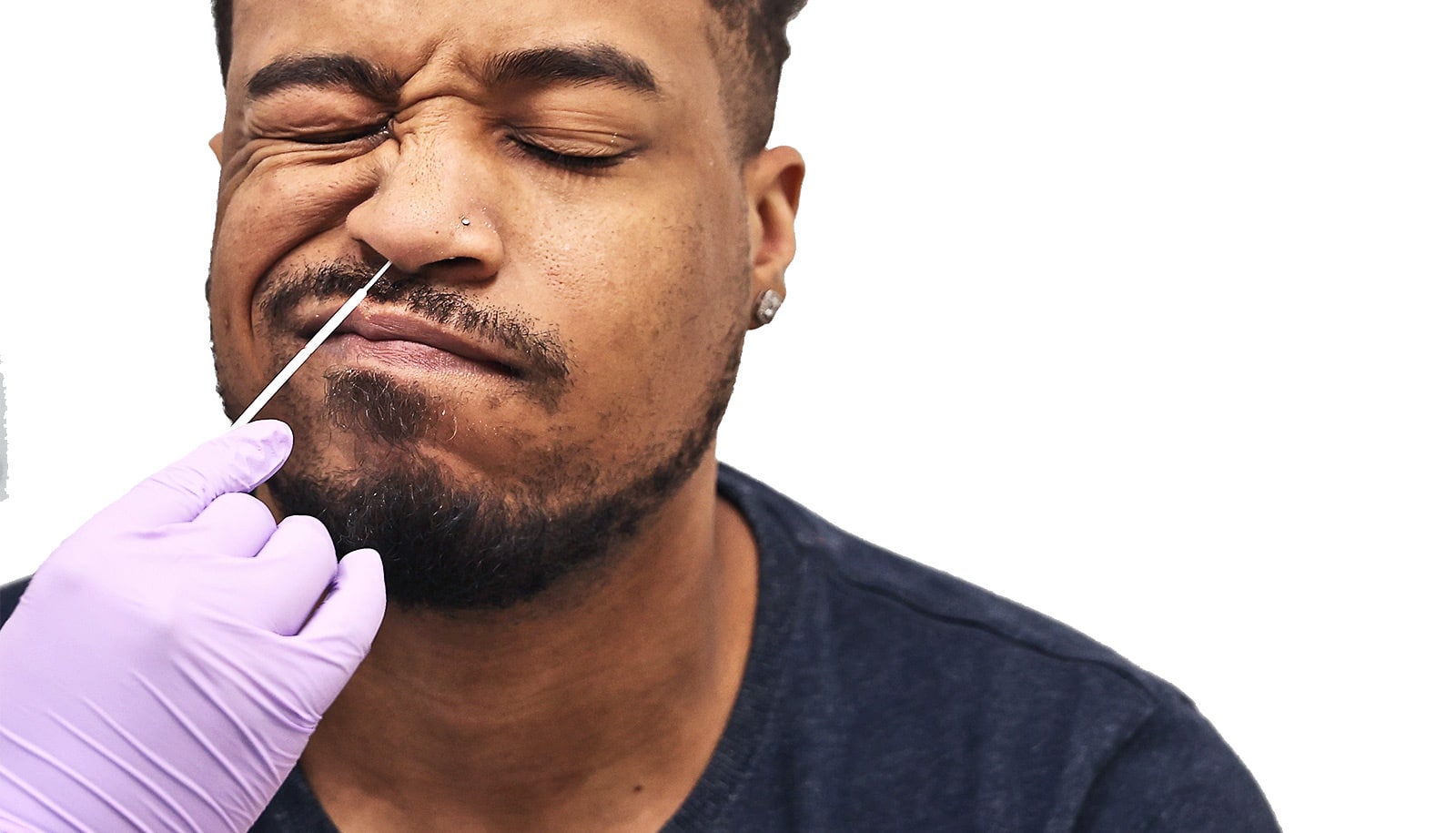Nearly all people hospitalized with COVID-19 develop virus-neutralizing antibodies within six days of testing positive, new research indicates.
The findings will be key in helping researchers understand protective immunity against SARS-CoV-2 and in informing vaccine development. The paper is available on medRxiv and has not yet undergone peer review.
The test that researchers developed also could help determine whether convalescent plasma from COVID-19 survivors can provide immunity to others, and which donors’ plasma should be used.
The antibody test, validated with samples from diagnosed patients, has demonstrated that not all antibody tests are created equal—and that neutralizing antibodies, which provide immunity, have specific characteristics. The study focuses on those neutralizing antibodies, which can stop the virus from infecting other cells.
“This study provides a snapshot of the immune response as it is happening, not after the battle is over.”
In the study, researchers looked at antibodies against the receptor-binding domain (RBD), part of the spike protein on the outside of the virus. The RBD is what grips on to human cells and allows the virus to enter them. The researchers focused on antibodies against the RBD because the sequence of the RBD in SARS-CoV-2 distinguishes it from other coronaviruses that cause the common cold.
The initial 44 patient blood samples researchers used in this study came from patients getting treatment for COVID-19 at Emory University Hospital and Emory University Hospital Midtown.
“These findings have important implications for our understanding of protective immunity against SARS-CoV-2, the use of immune plasma as a therapy, and the development of much-needed vaccines,” says co-lead author Mehul S. Suthar, assistant professor of pediatrics at Emory University’s School of Medicine and Emory Vaccine Center. This study serves as the initial step in a much larger serology effort.
“Very few research teams have done this—looking at neutralizing antibody responses from people who are currently in the hospital,” says Suthar, a virologist and immunologist who specializes in studying immunity to emerging viral infections. “This study provides a snapshot of the immune response as it is happening, not after the battle is over.”
Co-lead author Jens Wrammert, assistant professor of pediatrics, says that the information about RBD-specific antibodies helps inform vaccine development since scientists could test the blood of vaccine study participants for the RBD-specific antibodies, as a gauge of predicted efficacy. It also helps determine the potential best uses of convalescent plasma from the blood of people sickened with COVID-19.
“What I find the most exciting about these findings is in terms of not only preventing infection, but also treating infection.”
Wrammert says researchers would now use this data to see how they correlate with plasma from convalescent COVID-19 patients. “The fact we are seeing good virus neutralization this early during infection means that we can use binding to the RBD as a way to screen potential plasma donors.”
In addition, researchers were able to rapidly transfer the science to the clinical space and validate the antibody test for clinical, high-throughput use with an additional 231 patient samples from the two hospitals.
Led by John Roback, executive vice-chair for clinical operations in the pathology and laboratory medicine department and medical director of Emory Medical Laboratories, a multidisciplinary team developed a highly sensitive and accurate test, which ordinarily would take six to nine months, in a matter of weeks.
“What I find the most exciting about these findings is in terms of not only preventing infection, but also treating infection,” Roback says.
Funding for the study came, in part, from an Emory Executive Vice President for Health Affairs Synergy Fund award. The Marcus Foundation also provided a contribution toward developing the high-throughput test.
Source: Emory University



